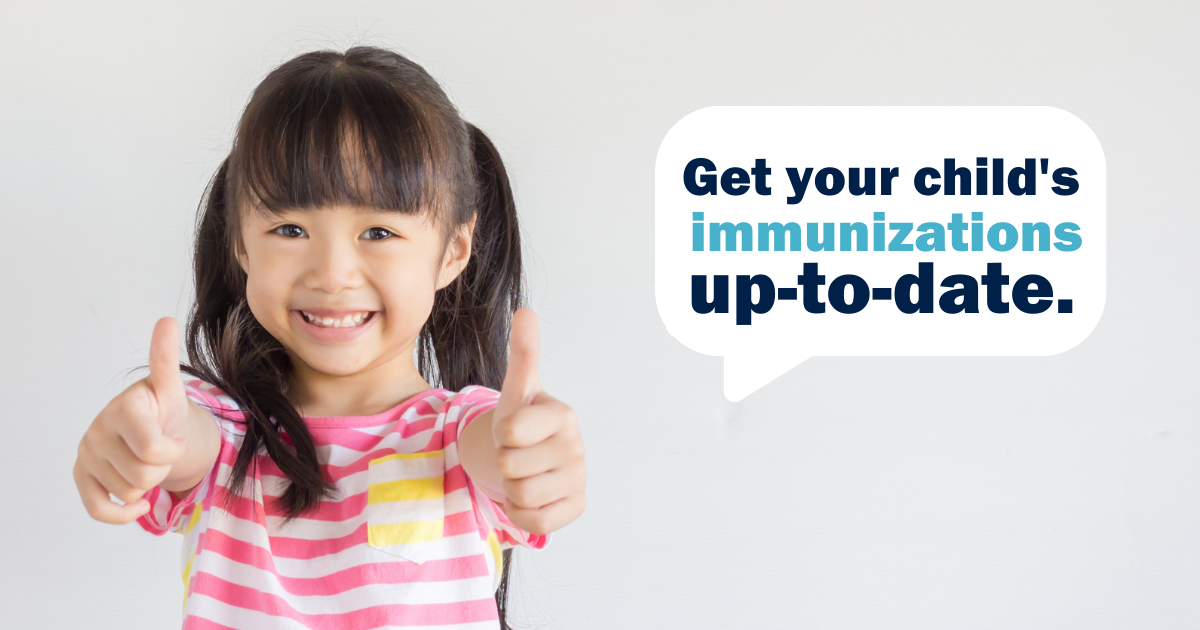Updates from the Health Department




Wash Your Hands Often
![]()
Mosquito & Tick Bite Prevention
![]()
Health Dept. Strategic Plan
![]()
COVID-19 Updates
October 23: CDC recommends people 65 years and older and those who are moderately or severely immunocompromised receive an additional dose of the 2024-2025 COVID-19 vaccine. See the CDC announcement.
September 13: Learn more about where to get a 2024-2025 COVID-19 vaccine.
August 28: The updated COVID-19 vaccine for the 2024-2025 respiratory season is recommended by the CDC and will be available soon. Learn more about the updated vaccine, including who should get it and when to get it.
Staying up to date on COVID-19 vaccines and continuing to take steps to protect yourself, your family, and those around you remains important.
Related Resources
Parents: Get your child's immunizations up-to-date!
 Don’t wait, get caught up on well check-ups and recommended childhood immunizations now!
Don’t wait, get caught up on well check-ups and recommended childhood immunizations now!
Ensuring children are up-to-date on their vaccinations helps provide immunity before they are exposed to potentially life-threatening diseases. Vaccines are safe and effective.
And remember, vaccination it important at all ages. Parents, grandparents, and caregivers, make sure you are up to date, too!
Related Resources
Opioid Resources
Featured Video: Maternal Mental Health Awareness
Connect with us!
Make Health Happen: Join Our Team
Working in public health provides opportunities to make a difference in your community. Learn more about full-time, part-time, and internship positions.
About the Health & Human Services System
This agency is a part of the Fairfax County Health & Human Services System (HHS). The HHS System is a network of county agencies and community partners that support the well-being of all who live, work and play in Fairfax County.

